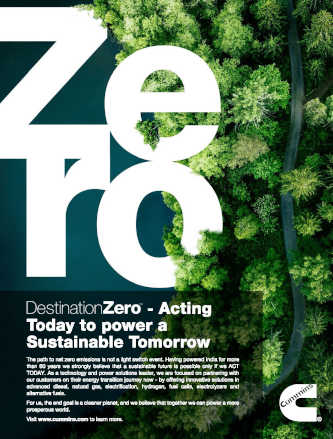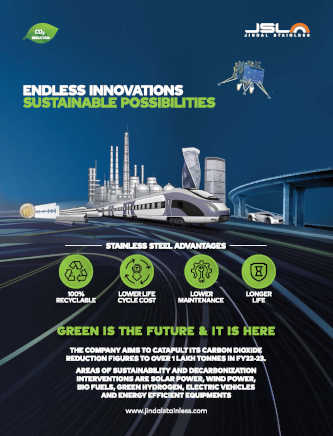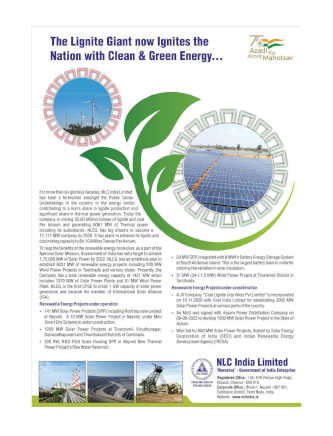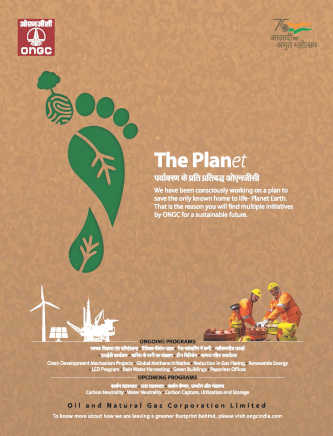As many parts of Europe was baking in summer heat, senior officials from 40 countries met in Berlin earlier in the week for ‘heart-to-heart’ talks on how to stay focused in the fight against climate change. The 12th Petersberg Climate Change conference was addressed by UN Secretary-General Antonio Guterres. Organisers have billed the two-day gathering as an opportunity to rebuild trust between rich and poor nations ahead of this year's UN climate summit (COP27) in Egypt. Technical talks last month achieved little progress on key issues such as climate aid for developing countries. “Many of the poorest and most vulnerable countries in the world are experiencing severe climate impacts now,” said Jennifer Morgan, Germany’s climate envoy. “The question is how to support them in both adapting to those impacts and when they experience real losses and damages. We must also show more solidarity.” Developing countries are still waiting for rich nations to provide $100 billion (€98.5 billion) in climate aid each year, a target they were meant to reach by 2020. Big polluters, however, have also long resisted the idea that they should pay for the destruction their greenhouse gas emissions are causing around the world. The closed-door talks in Berlin kick off with experts delivering a presentation on the issue of “loss and damage” to ministers, who will then break into small groups to discuss and listen to each other in the hope of building trust ahead of November's COP27 summit in Sharm el-Sheikh. The meeting in Berlin comes as scientists say the extreme heat slamming large parts of the northern hemisphere in the past few weeks could become the new normal in summer if global warming continues. “As this meeting is taking place, parts of Europe are baking, indeed they’re burning; and sadly, it’s an experience that is all too familiar to many millions across the globe already,” said Alok Sharma, the British official who led last year's climate talks in Glasgow. He told delegates as the meeting opened: “My plea to you all is, please, let's speed up our work.” “It is incumbent upon us in these uncertain times to act swiftly to ensure that climate action remains at the top of the international agenda, and that the current state of affairs is not taken as a pretext to backtrack or renege on previous commitments — especially those related to supporting developing countries,” said Egyptian Foreign Minister Sameh Shoukry, who will chair the Sharm el-Sheikh summit.
-

The meeting in Berlin comes as scientists say the extreme heat slamming large parts of the northern hemisphere in the past few weeks could become the new normal























